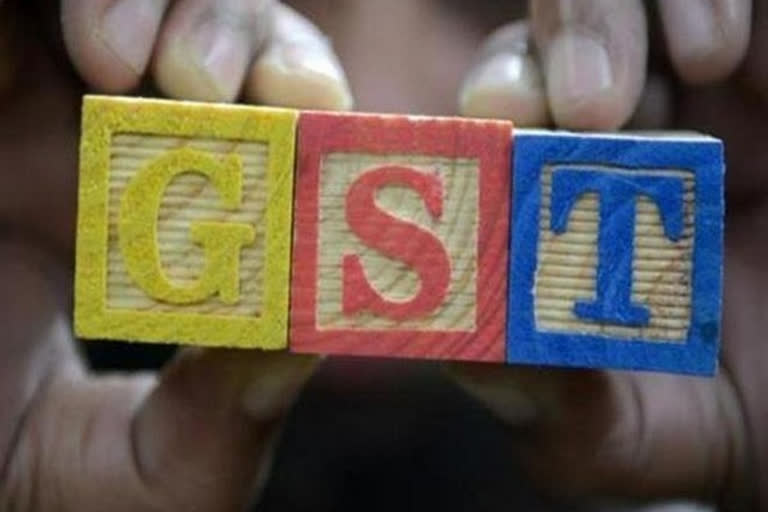New Delhi:In a big relief for finance minister Nirmala Sitharaman, who was grappling with the issue of unpaid GST Compensation dues to States, as many as 21 states have preferred the first borrowing option to meet the shortfall in their revenue collection in the current financial year, ETV Bharat has learnt.
According to sources in the ministry of finance, Andhra Pradesh, Arunachal Pradesh, Assam, Bihar, Goa, Gujarat, Haryana, Himachal Pradesh, Jammu & Kashmir, Karnataka, Madhya Pradesh, Manipur, Meghalaya, Mizoram, Nagaland, Odisha, Puducherry, Sikkim, Tripura, Uttarakhand and Uttar Pradesh have opted the first of the two loan options offered by the Centre.
Under the first option, the Centre will open a special loan window in consultation with the Reserve Bank of India, through which States could collectively borrow a total amount of Rs 97,000 crores to meet the shortfall in their revenue collection in this fiscal.
According to an estimate prepared by the finance ministry, this year there will be a gap of nearly Rs 3 lakh crore in the revenue collection of States and the GST Cess, which is levied to meet this shortfall, will only account for Rs 67,000 crores, leaving a massive gap of Rs 2.33 lakh crores.
The Centre's estimate suggests that out of this amount of Rs 2.33 lakh crore, only Rs 97,000 crore shortfall is attributable to the implementation of GST in July 2017 and the rest is attributable to other factors, including the adverse economic impact of Covid-19 global pandemic.
Under the first option, the Centre offered to pay the principal as well as interest on the loans taken by States by extending the collection of GST cess on demerit and luxury items beyond the transition period of five years.
Under the second option, where States can collectively borrow up to Rs 2.33 lakh crores, the Centre has promised to pay principal while States will have to pay the interest from their own resources.
READ:Markets extend losses despite RIL show; bank stocks weigh
